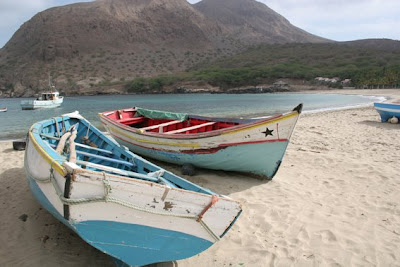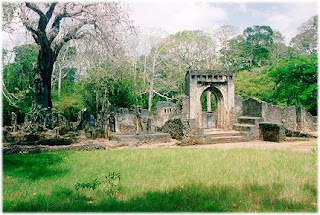Size:3,800 sq. km (1,500 sq. miles) Habitat type:Deserts and Xeric Shrublands Geographic Location:Island off the northeast coast of Africa (the Horn of Africa) Yemen Conservation Status:Critical/Endangered Some places seem to hover on the edge of the imagination. The remote and exotic island of Socotra, located between the coasts of Yemen and Somalia in the Indian Ocean, is just such a place. Known by ancient Indian, Arabian and Greek seafarers as an entrepôt for myrrh, frankincense and dragon’s blood trees, Socotra has been biologically isolated for several million years. Socotra remains one of the most fascinating places on earth, and has Arabia's greatest plant diversity. On our Yemen holidays on Socotra Island we will introduce you to the natural wonders of this blessed island, dubbed ‘the other Galapagos’. Responsible Travel More On Socotra: Socotraisland.org , Worldwildlife , FTIYemen , Wikpeadia , National Geographic , Lexicorient , New York Times , Arabian Widlife , Books ,...






